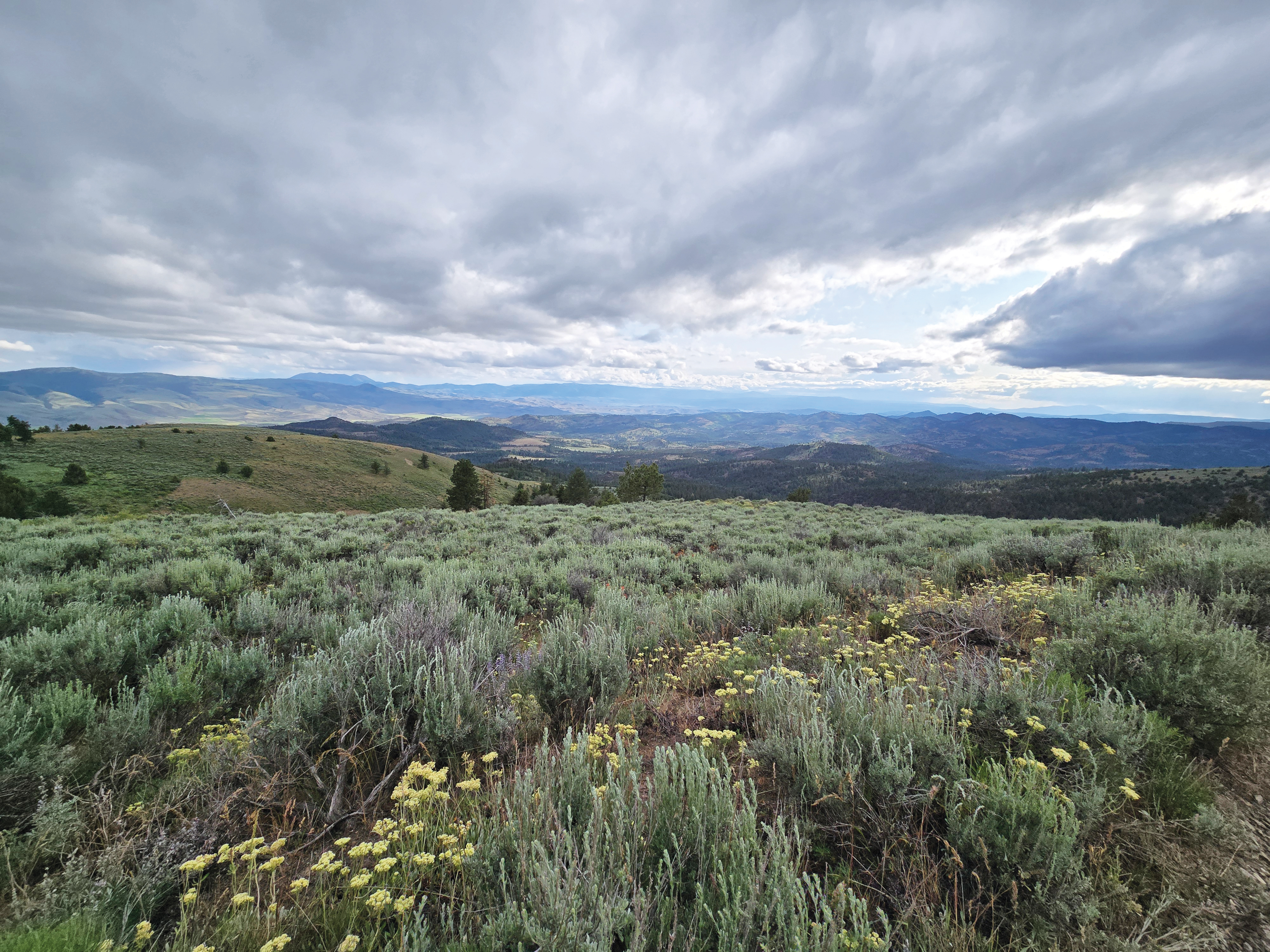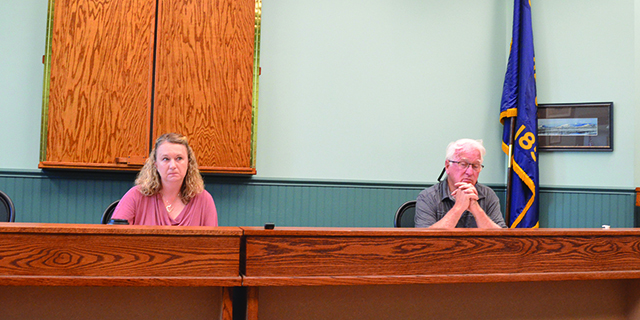Beehive solar project draws opposition
Published 12:55 pm Friday, June 8, 2018

- A solar project featuring honeybees in Oregon's Clackamas County is being appealed by farmland conservationists.
A farmland conservation group is appealing a 73-acre solar project in Oregon’s Clackamas County which won land use approval because beehives will be raised on the property.
1,000 Friends of Oregon, a nonprofit, is challenging the county’s conditional use permit for the project near Estacada before the state’s Land Use Board of Appeals.
Meanwhile, the Oregon Board of Agriculture is also asking state land use regulators to consider issuing emergency rules in reaction to the project.
Clackamas County approved the permit from Steve Schmitt and Pacific Northwest Solar LLC last month, finding the solar facility will not preclude the property’s use as a commercial agricultural enterprise.
The project developer proposes keeping about 100 honeybee colonies at the site while cultivating “bee-friendly forage” around the solar panels and “shade resistant native plants” beneath them.
Under Oregon’s land use law, solar power facilities can be no larger than 12 acres without an exception to the statewide goal of preserving farmland.
However, a hearings officer with Clackamas County has ruled the project will take up less than 12 acres, since the area under the panels will be used for forage.
“There does not seem to be any dispute that an apiary is a farm use,” said Fred Wilson, the county’s hearings officer.
The project developer estimated the apiary will generate $75,000 per year but opponents claimed the actual revenue would be about 80 percent lower.
Despite these differences, the hearings officer was convinced the apiary qualified as a commercial agricultural enterprise.
“Even if income is less than the projected amount, the proposed apiary seems more likely than not to produce significant amounts of income that would still constitute contributing in a substantial way to the area’s existing agricultural economy,” he said.
Although the hearings officer found that using the site for renewable energy and a farm use “would seem to be a win-win scenario,” his rationale is troubling to the Oregon Farm Bureau.
A similar justification could be used to build a shopping mall on high value farmland if goats were allowed on the property, said Mary Anne Cooper, public policy counsel for the organization.
“As much as that would be a fun shopping mall, it’s not a farm use,” Cooper testified before the Oregon Board of Agriculture during its June 7 meeting in Hood River, Ore.
The board, which advises the Oregon Department of Agriculture, unanimously decided to send a letter to the Land Conservation and Development Commission to consider emergency rules for the situation.
A broader resolution calling for stronger land use protections for farmland when siting solar projects and other energy facilities was also unanimously approved by the Board of Agriculture.
For example, the resolution “supports a better definition of highly productive farmland” to consider factors other than just soil types, such as irrigation availability or unique climate.
Concern about solar development on farmland has already convinced Yamhill County to prohibit such facilities on top soil classes while Marion County has excluded them from “exclusive farm use” zones, said Jim Johnson, ODA’s land use specialist.






